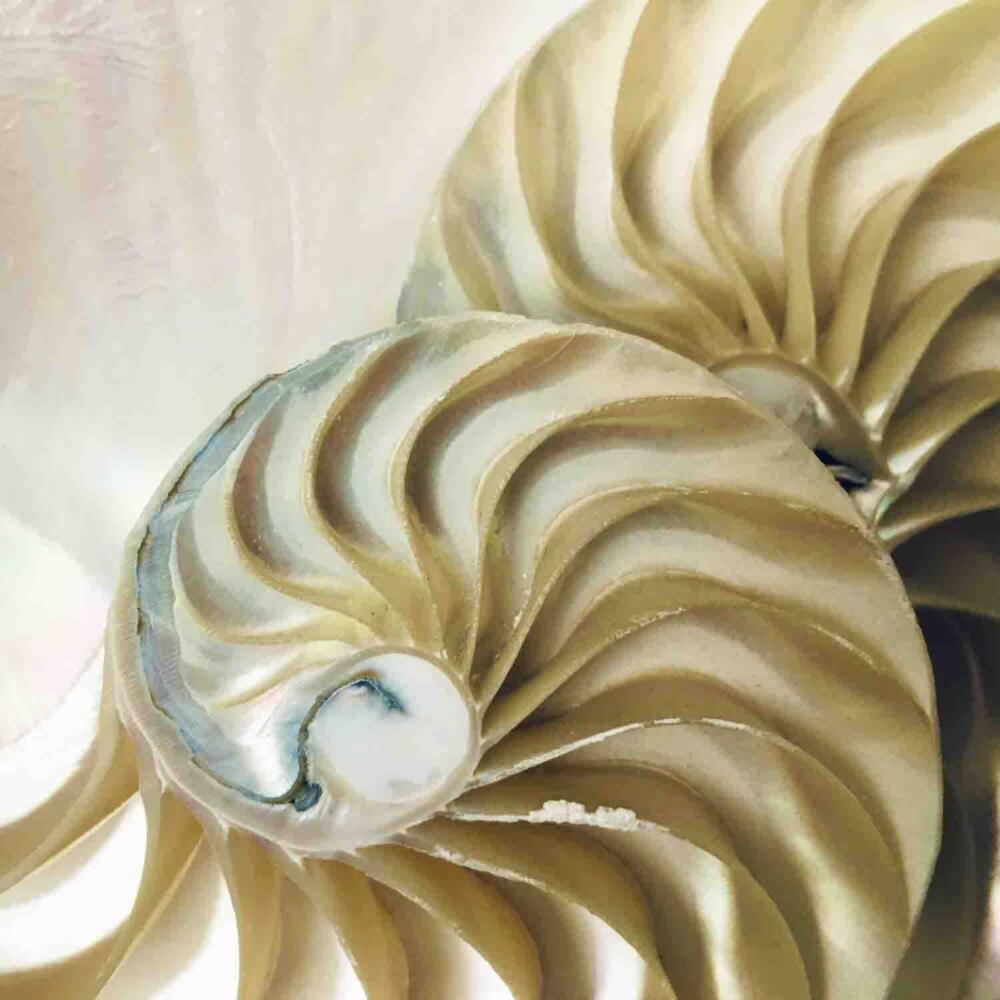Aspects of time in human life
‘Humanity in the stream and counter-stream of time’ is a joint research project of the Medical and Pedagogical Sections at the Goetheanum in collaboration with Thomas Fuchs, holder of the Karl Jaspers Chair at Heidelberg University (DE).
Many people today complain that they ‘don’t have time’ and they feel exhausted. Time is seen today as linear and progressive, a time of counting and measuring; we use time to compare ourselves, for instance to find out who is the fastest in sports. In technology, economy and politics life is increasingly informed by acceleration. Plants, animals and human beings, on the other hand, live in temporal rhythms that are of cosmic origin and that convey polar qualities such as day and night, waking and sleeping; rhythms that are not linear but cyclical, following cycles of time. Modern humans experience themselves ‘in a race against time’, torn between the time on the clock and the time we experience in body and soul. As early as 1882, at the age of only 21, Rudolf Steiner spoke of the necessary correction of our concept of time.
Our soul life is threefold in that we remember the past, experience the present and await the future. Evolutionary research illustrates how all living creatures participate bodily in both the past and the future. Wolfgang Schad (1935-2022) made essential contributions in this context. Thomas Fuchs, a psychiatrist and philosopher from Heidelberg University (DE) has studied the contrast between linear and cyclical time in-depth. Since 2020 Florian Osswald (for the Pedagogical Section) and Georg Soldner (for the Medical Section) have been working with him on a scientific publication on this topic. Their research shows how any practising or exercising is deliberately cyclical in character and how this casts a new light, for instance on the Waldorf curriculum throughout the different levels of school.
Freedom requires the ability to pause
Time and temporal aspects play a central part in medicine, education, developmental psychology and the human biography. The way we see and deal with time is a direct reflection of how we understand and cultivate everything to do with life. Learning and human development depend to a large extent on a culture of practising – a deliberately cyclical use of time. Art and meditation open up a higher dimension of the present.
Human freedom requires the ability to pause, to open up inwardly to what comes from the future, to what is new and possible. Modern physics, which only admits causality in its concept of time, negates this ‘counter-stream of time’ and therefore human freedom. These questions form the basis of the joint research project which is expected to result in a symposium and a scientific publication.
Donations Medical Section (Reason for Payment: In the Counter-Stream of Time)
100 Years’ School of Spiritual Science and its current research projects
With the Christmas Conference of 1923/1924 the School of Spiritual Science was also inaugurated. In preparation for the centenary the Goetheanum Leadership documented the School’s current research plans in a brochure entitled ‘Insights’. Some of the projects are introduced in Anthroposophy Worldwide.Sebastian Jüngel

